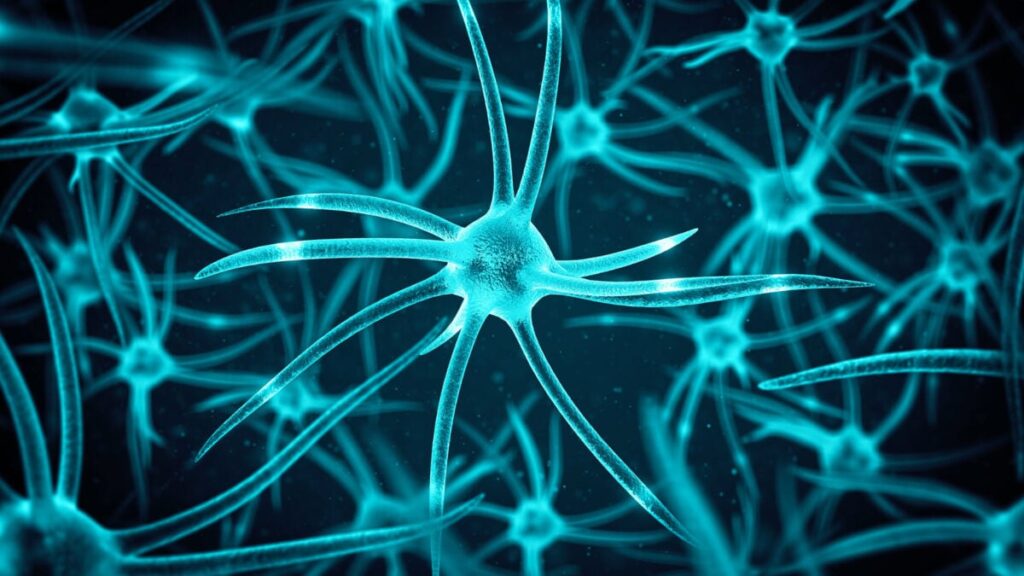
You’ve probably heard the long-standing belief that new brain cells stop forming once we reach adulthood. However, new research published today in the journal Science challenges this notion, providing fresh insights into the continuous growth of neural stem cells in adult brains. Led by scientists in Sweden, the study uncovers significant evidence of neurogenesis in the hippocampus, a critical brain region associated with memory and learning.
The research, conducted by a team at the Karolinska Institute in Stockholm, highlights the potential implications for understanding the human brain’s adaptability and treating neurological disorders. “We’ve found clear evidence that the human brain keeps making new nerve cells well into adulthood,” said Marta Paterlini, co-author of the study and neuroscientist at the Karolinska Institute, in an interview with Gizmodo.
Challenging Long-Held Beliefs
This recent study is not the first to question the idea that neurogenesis ceases in adulthood. In 2013, Jonas Frisén and his team at the Karolinska Institute concluded that substantial neuron growth occurs throughout life, although it declines slightly with age. Despite these findings, the scientific community remains divided. In 2018, two separate studies published within a month of each other reached opposite conclusions regarding adult neurogenesis.
The current research aims to settle one aspect of this debate by focusing on the presence of neural progenitor cells, which mature into neurons, in adult brains. The team analyzed brain tissue samples from individuals aged 0 to 78 using advanced techniques that allow for detailed examination of individual cell nuclei and gene expression patterns.
Methodology and Findings
The researchers examined over 400,000 individual cell nuclei from the samples. Their analysis revealed the presence of progenitor cells at various developmental stages in adult brains, including cells on the verge of division. These cells were primarily located in the dentate gyrus, a part of the hippocampus crucial for forming certain types of memory.
“We saw groups of dividing precursors sitting right next to the fully formed nerve cells, in the same spots where animal studies have shown adult stem cells live,” said Paterlini, emphasizing the significance of their findings.
The study’s results suggest that the human brain retains the ability to produce new neurons well into adulthood, potentially reshaping our understanding of brain plasticity and recovery from injury.
Implications for Neurological Health
The discovery of ongoing neurogenesis in adults opens up new avenues for research into neurological and psychological conditions. The researchers observed variations in the number of growing precursor cells among adults, which could explain differences in susceptibility to these conditions. Additionally, enhancing the brain’s natural ability to generate new cells might improve treatments for brain injuries and disorders.
“Although precise therapeutic strategies for humans are still being researched, the simple fact that our adult brains can generate new neurons radically changes the way we view lifelong learning, recovery from injury, and the untapped potential of neuronal plasticity,” Paterlini noted.
Future Research Directions
While the study provides compelling evidence for adult neurogenesis, it also raises new questions. The team plans to explore other potential sites of neurogenesis in the adult brain, such as the lateral ventricles and adjacent regions. Understanding the mechanisms behind this process could lead to breakthroughs in enhancing cognitive function and treating neurological diseases.
As research continues, the notion that our brains can regenerate and adapt throughout life offers hope for new therapeutic approaches and a deeper understanding of the human brain’s remarkable capabilities.







